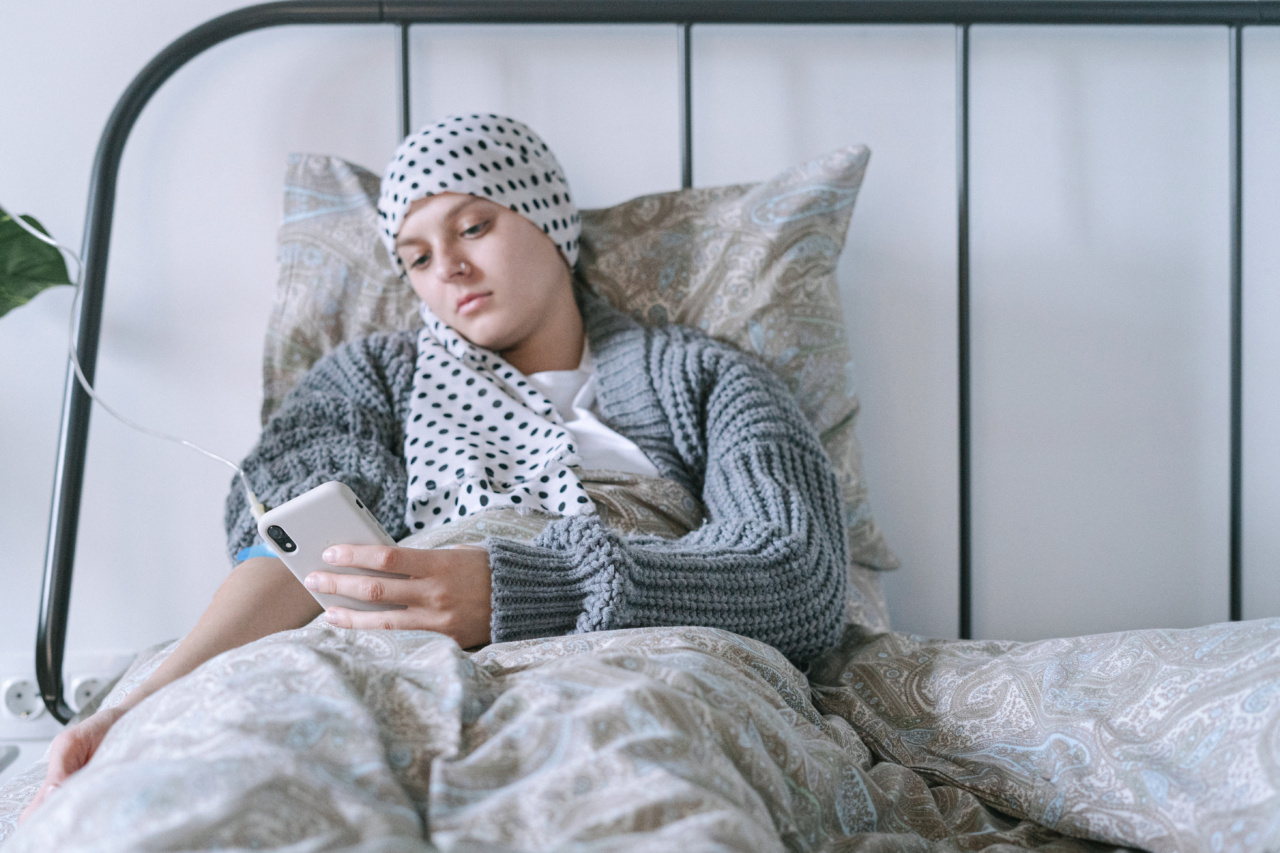Hospital-acquired infections have long been a concern for patients and healthcare professionals alike. Infections can not only cause discomfort but can lead to serious complications that impede recovery and even cause death.
When it comes to cancer treatment, patients are already in a vulnerable state, making infections an even greater threat. In this article, we will explore the role of hospital infections in cancer treatment and what healthcare providers can do to reduce the risk of infection.
Understanding Hospital Infections
Hospital infections, also known as healthcare-associated infections (HAIs), are infections that are acquired within a healthcare setting.
According to the World Health Organization (WHO), HAIs affect hundreds of millions of people worldwide each year and are a significant cause of morbidity and mortality.
Infections can be contracted through various means, such as contact with contaminated surfaces or equipment, exposure to infected bodily fluids, or inadequate sterilization techniques.
Common hospital infections include pneumonia, urinary tract infections, and bloodstream infections.
The Risks of Infection in Cancer Treatment
Cancer treatment often involves invasive procedures, such as surgery and chemotherapy, which can leave the patient’s immune system weakened and vulnerable to infection.
Additionally, patients with cancer are often older and have other underlying medical conditions, which further increases their risk of infection.
Infections can cause significant setbacks in cancer treatment, leading to prolonged hospital stays, delays in treatment, and even treatment failure. In some cases, infections can be fatal, especially in patients with weakened immune systems.
Preventing Infections in Cancer Treatment
Preventing infections in cancer treatment requires a multi-faceted approach that involves healthcare providers, patients, and their families. Some of the strategies that can be employed to reduce the risk of infections include:.
Strict Hand Hygiene
Hand hygiene is one of the most important factors in preventing hospital infections.
Healthcare providers should wash their hands regularly, using soap and water or alcohol-based hand sanitizers before and after interacting with patients, handling equipment, and before performing any invasive procedures.
Proper Sterilization Techniques
All equipment that comes in contact with patients should be properly sterilized after each use. This includes surgical instruments, IV lines, and catheters. Disposable equipment should be used whenever possible to minimize the risk of contamination.
Isolation Precautions
Patients who are known to have an infection should be isolated to prevent the spread of the infection to other patients. Healthcare providers should wear personal protective equipment, such as gowns and masks, when caring for these patients.
Vaccinations
Patients should receive all necessary vaccinations, including the flu vaccine, before undergoing cancer treatment. This can help reduce their risk of contracting infections and developing serious complications.
Clean Environment
The hospital environment should be kept clean and free of clutter to minimize the risk of infection. Surfaces should be regularly disinfected, and air filtration systems should be maintained to prevent the spread of airborne infections.
Conclusion
Hospital infections are a significant threat to cancer patients and can have serious consequences.
By implementing proper infection control measures and encouraging patient participation in prevention efforts, healthcare providers can help reduce the risk of infections and improve patient outcomes.
























